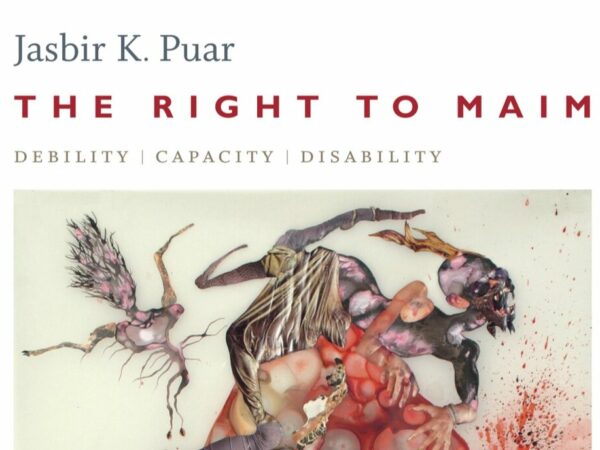
Vega focuses on three Robinsonian concepts that are useful for political theology: racial capitalism, Black radical tradition, and African metaphysics.

Mamdani’s latest book defends the promise of decolonization against the ongoing nationalist violence of modernity. Rafael Vizcaíno sits with the renowned Ugandan intellectual to discuss postcolonial and decolonial scholarship, the reform-revolution debate, anti-racism, and the example of South Africa.

Put on your feet whatever will make you ready to proclaim the gospel of peace. These shoes are not weapons, nor are they articles of protection. We are instructed to put on a pair of shoes that makes us ready to proclaim the gospel of peace. We are not prescribed jackboots to save ourselves. Nor are we charged with some soft slipper of gentleness. We are instructed to find shoes that make us ready to proclaim the gospel of peace.

“Still game” is not the discourse of “trauma” and PTSD so often ascribed to populations as a form of diagnostic colonization, pace Frantz Fanon in his tremendous work on medicalization in A Dying Colonialism. “Still game” is yet another temporal form akin to the “perpetual.” In this sense, histories of targeted injuring—maiming—are both histories of violence waiting to be written and projections of future violence of our pandemic worlds.







